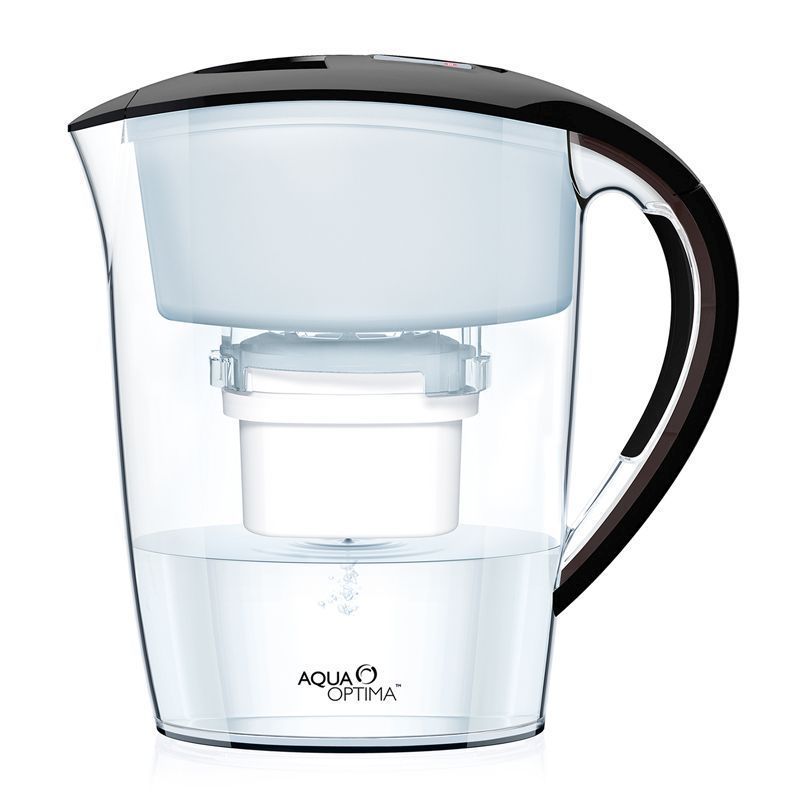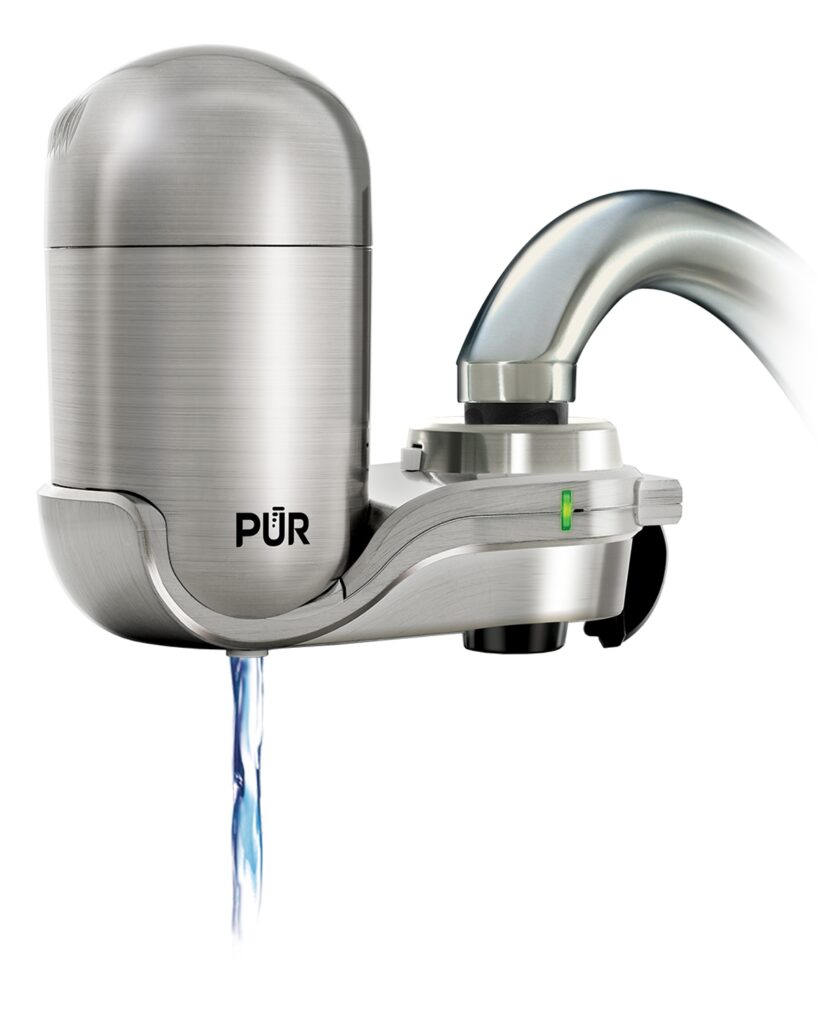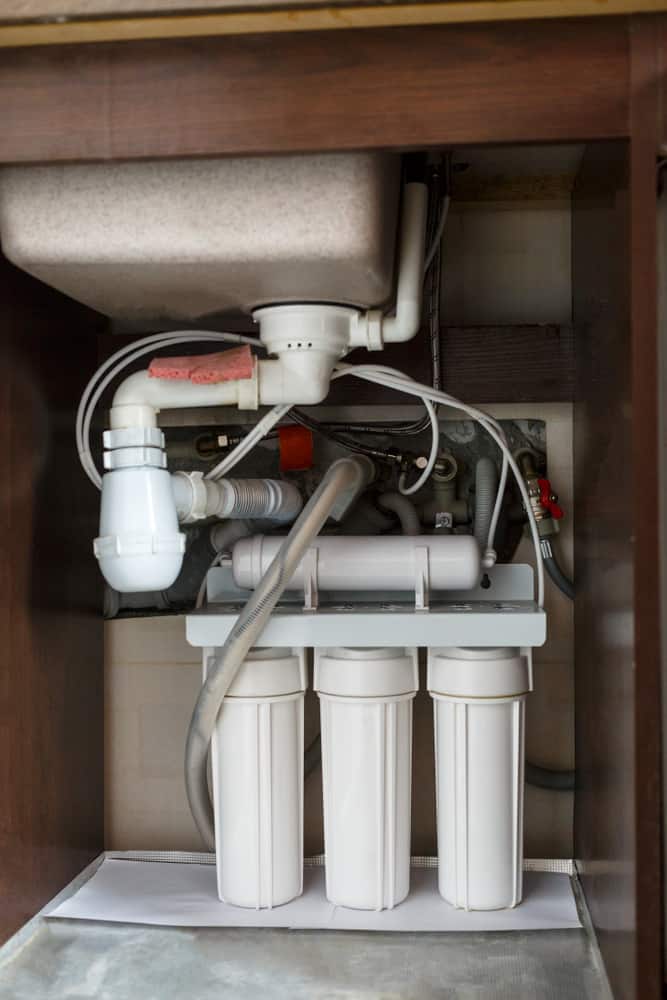Table of Contents
What is the best water filter for your kitchen?
Have you remodeled or thinking about redesigning your kitchen? Depending on where you live, the people in your household and your personal preferences for tap water you may want to consider getting a water filter at the same time.
Before choosing a water filter you should consider the following
Water quality: Consider the source of your water and any contaminants that may be present. Some filters are designed to remove specific contaminants, such as lead or chlorine, while others offer a more comprehensive filtration process.
Filter type: There are several types of water filters available, including activated carbon filters, reverse osmosis filters, ultrafiltration filters, UV filters, water softeners, ceramic filters and multi-stage filters. Each type of filter has its own advantages and disadvantages, so it’s important to choose the type that best suits your needs.
Filter lifespan: Different filters have different lifespans, so it’s important to consider how often you’ll need to replace the filter. Some filters need to be replaced every few months, while others will last longer.
Flow rate: Consider the flow rate of the filter, especially if you have a large household or use a lot of water. Some filters have a slower flow rate than others, which can be a concern for some people.
Cost: Water filters vary in cost, from inexpensive pitcher filters and faucet fitlers to more expensive under-sink or whole-house systems. Consider your budget and how much you’re willing to spend on a filter.
Setup and Maintenance: Consider the installation and maintenance requirements of the filter. Some filters require a professional plumber for installation and more maintenance than others, so be sure to choose one that you’re willing to keep up with.
Size: Consider the size of the filter and whether it will fit in your kitchen. Some filters are designed to be compact and fit easily on your faucet or countertop, while others are larger and may require more space.
What is the best water filter for you?
The three most common types of water filters are
- Water Filter Jugs – e.g. Brita Jugs or TAPP Water PitcherPro
- Faucet Water Filters – e.g. Brita On Tap, TAPP Water EcoPro or PUR
- Under the sink RO filters – e.g. Culligan or Blue Water
These are the advantages of each one of these filter types:
Water Filter Jugs

Improved water quality: Water filter jugs are typically designed to remove unwanted substances to improve the taste and odor of the tap water. A few of them like PitcherPro by TAPP Water and ZeroWater also remove other contaminants such as lead, pesticides, chlorine by-products, providing cleaner and healthier drinking water.
Convenience: Water filter jugs are easy to use and do not require any installation. They can be filled with tap water and placed in the fridge to chill, providing a constant supply of cold, filtered water. They are also portable, making them great for use at home, at work, or on-the-go.
Cost-effective: Water filter jugs are a cost-effective way to enjoy good tasting drinking water without the expense of buying bottled water. Typically they are also the cheapest alternative among water filters costing as little as €29 ($29) as starting price.
Environmental benefits: By using an eco-friendly water filter jug, you can reduce your reliance on single-use plastic water bottles, which can be harmful to the environment.
Space-saving: Water filter jugs are typically compact and do not take up much space in the kitchen, making them a great option for small kitchens or apartments.
Water filter jugs are especially useful for those who cannot install a faucet-mounted or find under-sink water filter systems too expensive.
Faucet Water Filters

Improved water quality: Faucet water filters such as EcoPro by TAPP Water are designed to remove impurities and contaminants from your tap water, improving its taste, odor, and overall quality. They can remove 100+ contaminants such as chlorine, lead, and sediment, providing cleaner and healthier drinking water.
Convenience: Faucet water filters are easy to install and use, and they provide a constant supply of filtered water directly from your tap. This eliminates the need to buy bottled water or use a separate water filter pitcher.
Cost-effective: Faucet water filters are a cost-effective way to enjoy clean drinking water without the expense of buying bottled water. They also eliminate the need to replace expensive filter cartridges as frequently as other types of filters.
Environmental benefits: By using a faucet water filter, you can reduce your reliance on single-use plastic water bottles, which can be harmful to the environment. This can also help reduce your carbon footprint by reducing the transportation and manufacturing associated with bottled water.
Space-saving: Faucet water filters are typically compact and do not take up much space, making them a great option for small kitchens or apartments where counter space is at a premium.
Reverse Osmosis (RO) Under-the-sink filters

Reverse osmosis (RO) filters such as those by Blue Water have several advantages over the other types of water filters for the kitchen:
Removes more contaminants: RO filters use a semi-permeable membrane to remove a wide range of contaminants from water, including bacteria, viruses, heavy metals, and dissolved solids. This makes RO filters one of the most effective types of water filters for improving water quality and safety.
Improved taste and odor: RO filters can remove impurities that affect the taste and odor of water, such as chlorine and other chemicals but also minerals. For people that prefer soft water this makes the water taste and smell better.
Cost-effective: Although RO filters may have a higher upfront cost than other types of filters, they can be cost-effective in the long run. This is because RO filters require less frequent replacement of filter cartridges than other types of filters, reducing the overall cost of ownership. However, typically the activated carbon cartridges still need to be replaced every 6-12 months.
Saves space: RO filters can be installed under the sink, which helps to save counter space in the kitchen. This is especially useful for kitchens where counter space is limited.
Safe and healthy: RO filters remove a wide range of contaminants that can be harmful to human health, such as lead, arsenic, and fluoride. This makes the water safer and healthier to drink, especially for people with compromised immune systems or other health concerns.
What filter should you choose?
There is no universal right or wrong when it comes to choosing the best water filter? Choose the best water filter for your kitchen based on the criteria and advantages outlined for each filter type above.
Enjoy clean tasty tap water in your kitchen!
